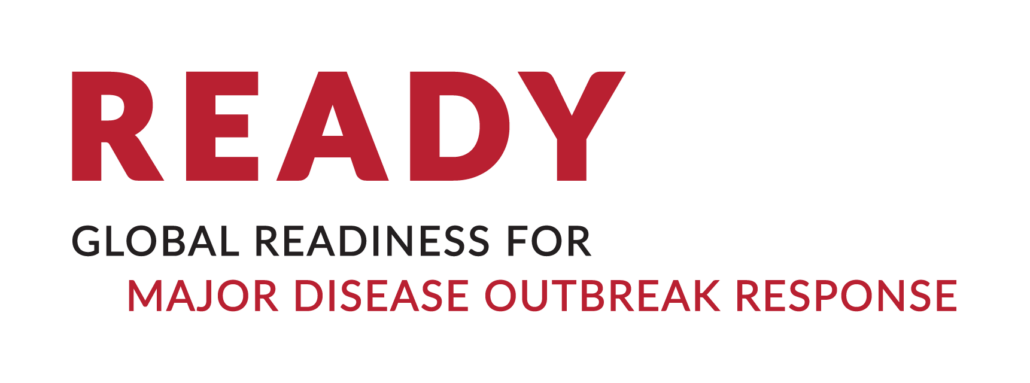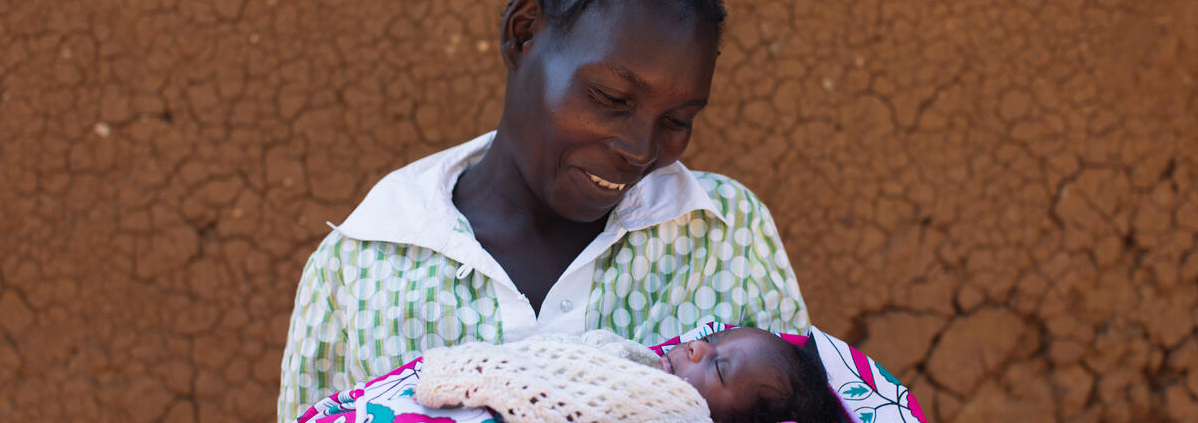Salud materna y neonatal durante brotes de enfermedades infecciosas: orientación operativa para contextos humanitarios y frágiles
Esta guía proporciona a los actores humanitarios responsables de la programación de la salud materna y neonatal (SMN) acciones prioritarias de preparación y respuesta para mantener la continuidad, la calidad y la seguridad de la atención médica para las mujeres embarazadas y posparto, las adolescentes y sus recién nacidos durante la respuesta a un brote de enfermedad infecciosa en un entorno humanitario o frágil.
Está diseñado para ser una guía operativa para ayudar a los actores de la salud a mantener servicios críticos durante brotes de enfermedades infecciosas y garantizar que las consideraciones de SSR necesarias se integren en la respuesta al brote; no es una guía clínica.
La guía se divide en cuatro secciones. La primera explora los efectos de los brotes de enfermedades infecciosas en la salud materna y neonatal. La segunda examina las formas de mantener la seguridad y la continuidad de los servicios esenciales de salud materna y neonatal antes y durante los brotes de enfermedades infecciosas. La tercera explora las formas de fortalecer los servicios comunitarios de salud materna y neonatal. La cuarta sección cubre consideraciones transversales para la salud materna y neonatal, como la comunicación de riesgos y la participación comunitaria (RCCE, por sus siglas en inglés) y la prevención y el control de infecciones (IPC, por sus siglas en inglés) dentro de la preparación y las respuestas ante brotes. Por último, la guía incluye dos anexos: una lista de verificación de preparación y respuesta para ayudar a la programación y recomendaciones para realizar cambios en la lactancia materna en diferentes contextos infecciosos.
Estas orientaciones fueron elaboradas por la iniciativa READY con el apoyo de consultores y un grupo de asesoramiento técnico. Las orientaciones fueron revisadas por miembros del Subgrupo de Trabajo sobre Salud Materna y Neonatal del Grupo de Trabajo Interinstitucional sobre Salud Reproductiva en Situaciones de Crisis y del Plan de Acción para Todos los Recién Nacidos en Situaciones de Emergencia.
Descargas (todo aprox. 2 MB .pdf):
- English | Salud materna y neonatal durante brotes de enfermedades infecciosas: orientación para entornos humanitarios y frágiles
- Français | La Santé Maternelle et Néonatale durant les Épidémies de Maladies Infectieuses: orientaciones de puesta en obra para situaciones de crisis humana y contextos frágiles
- Español | Salud Materna y Neonatal Durante los Brotes de Enfermades Infecciosas: Guía operativa para entonos frágiles y humanitarios
- العربية | توجيهات تشغيلية للأوضاع صحــة الأمهات وحديثي الولادة أثناء تفشــي


Este sitio web es posible gracias al apoyo del pueblo estadounidense a través de la Agencia de los Estados Unidos para el Desarrollo Internacional (USAID) en el marco de la iniciativa READY. READY (no es un acrónimo) cuenta con el apoyo de USAID. Oficina de Democracia, Conflictos y Asistencia Humanitaria, Oficina de Asistencia para Desastres en el Extranjero de EE. UU. (OFDA) y es liderado por Salva a los niños en asociación con el Centro Johns Hopkins para la salud humanitaria, el Centro Johns Hopkins para programas de comunicación, Reino Unido-Med, Alianza EcoSalud, y Misericordia Malasia. Los contenidos de este sitio web son responsabilidad exclusiva de Save the Children. La información proporcionada en este sitio web no refleja necesariamente las opiniones de USAID, de ninguno o de todos los socios del consorcio, ni del gobierno de los Estados Unidos, y no es información oficial del gobierno de los EE. UU.


